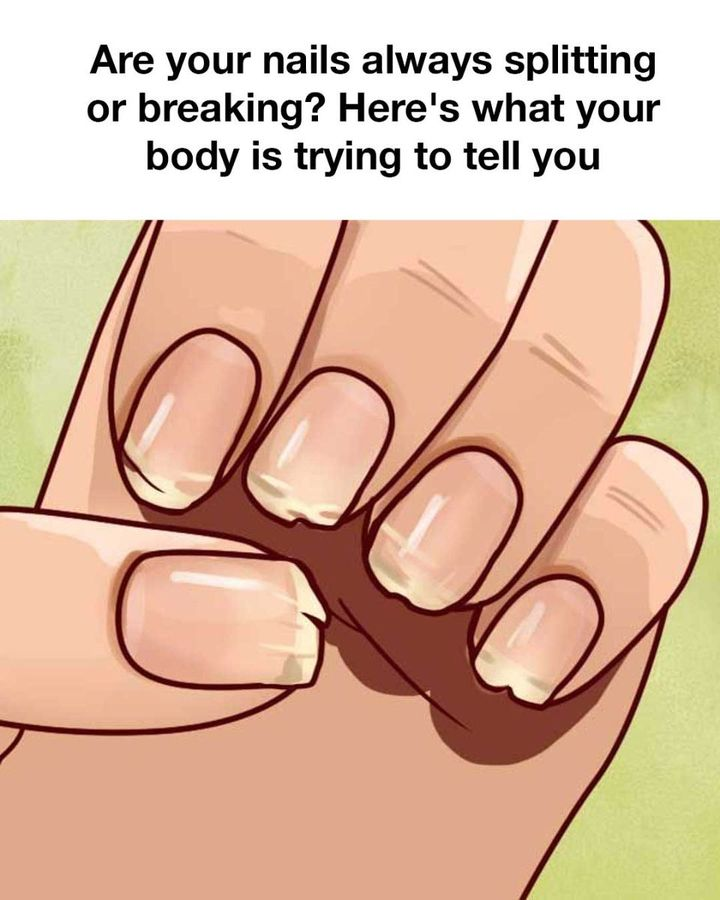ADVERTISEMENT
3. Environmental Factors
Chemical Exposure
Regular contact with harsh chemicals, including cleaning agents, nail polish removers, and detergents, can weaken your nails over time. Wearing gloves while cleaning and choosing acetone-free nail polish removers can help mitigate these effects.
Weather Conditions
Exposure to extreme cold or dry conditions can strip moisture from your nails, making them brittle. Using a moisturizer and wearing gloves during colder months can provide protection.
4. Health Conditions
Thyroid Diseases
Both hyperthyroidism and hypothyroidism can cause brittle nails. If you suspect your thyroid might be the issue, a simple blood test can help diagnose these conditions, and appropriate treatment can be administered.
Psoriasis
This skin condition can extend to the nails, causing pitting, abnormal nail growth, and splitting. Treating the underlying psoriasis can often improve nail health.
Fungal Infections
Fungal infections can damage the nail bed and cause nails to become brittle and split. Antifungal treatments are effective in resolving these infections.
5. Physical Stress
Repeated physical trauma, like using your nails as tools, can cause immediate and long-term damage. Keeping nails trimmed and avoiding using them inappropriately can prevent splits and breaks.
6. Age-Related Changes
As you age, nails can become drier and more brittle. Incorporating more omega-3 fatty acids into your diet and moisturizing your nails can help combat these changes.
